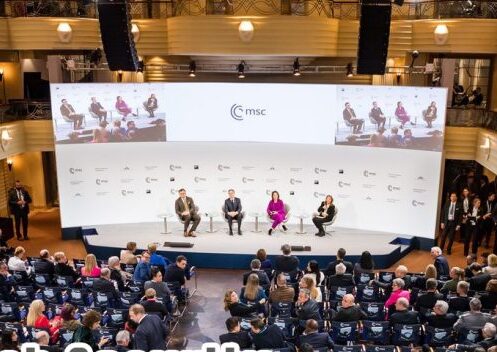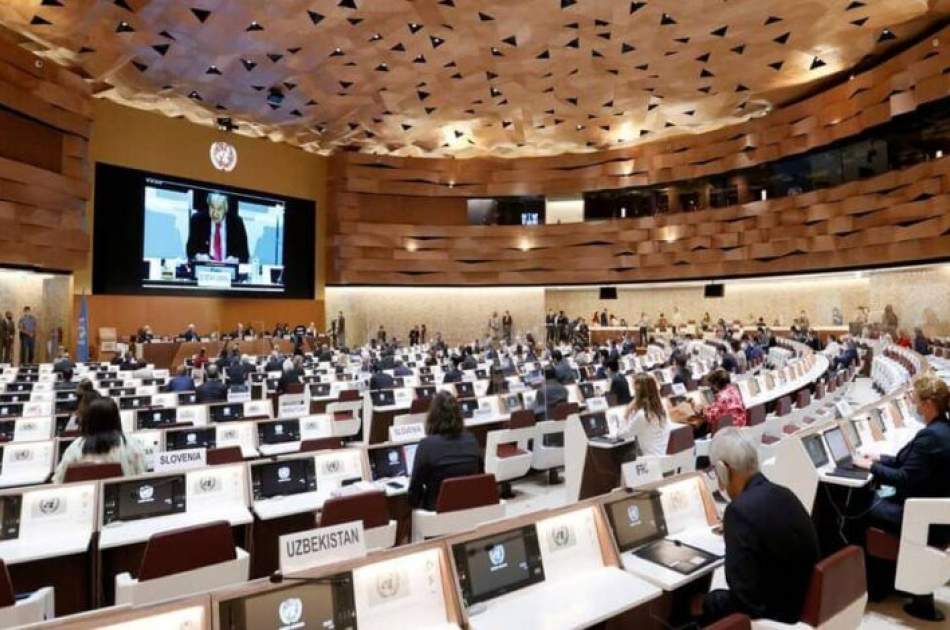نشست امنیتی مونیخ: به آزار جنسی سیستماتیک پایان دهید، این میتواند مصداق جنایت علیه بشریت باشد
وزرای خارجه کشورهای حامی حقوق زنان در سیاست خارجی، با نشر اعلامیهای…
The Taliban’s Rejection: A Diplomatic Victory for the Opposition
After much anticipation, just hours before the Doha Conference on Afghanistan, the…
نه طالبان، بُرد دیپلماتیک مخالفان
پس از مدت ها انتظار و تنها ساعاتی پیش از برگزاری کنفرانس…



